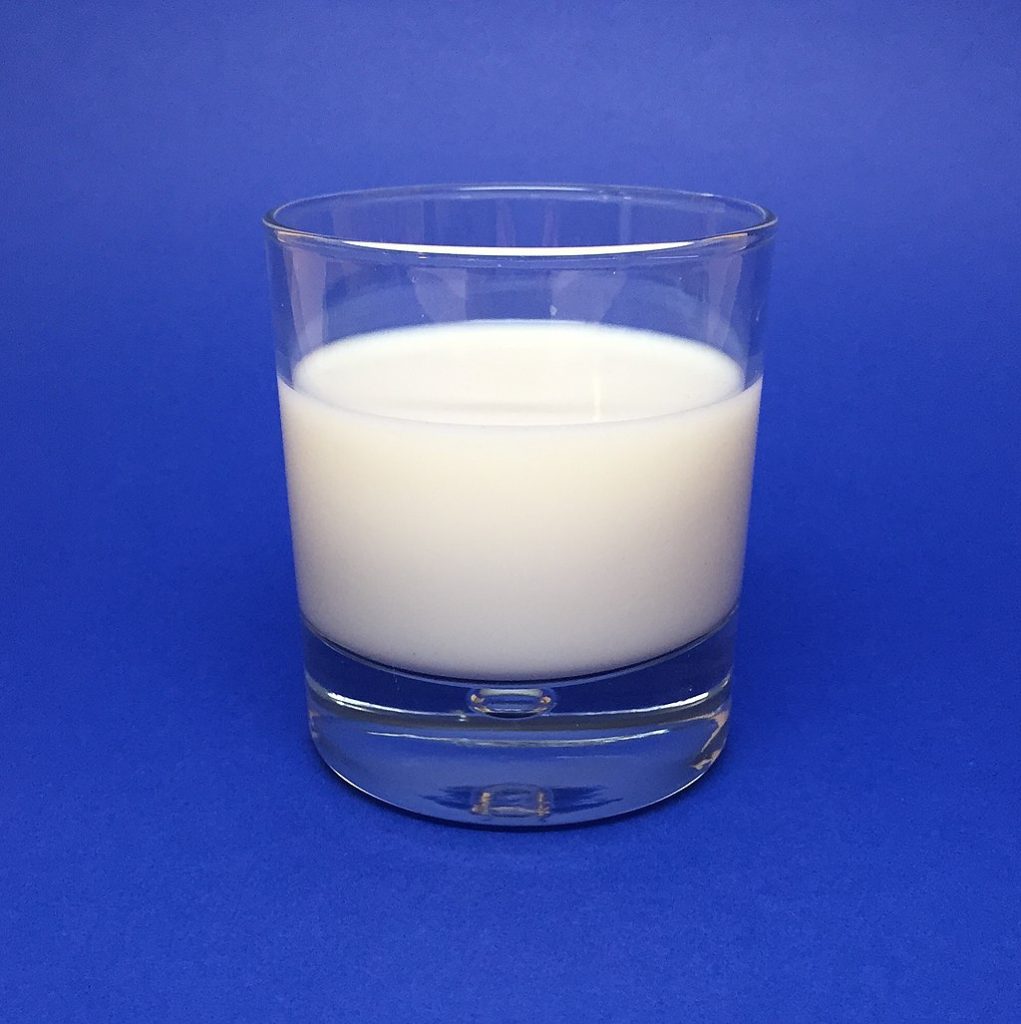
This phrase “Got milk?” s trademarked by the California Milk Processor Board and for advertising purposes, it’s protected. But it’s not good English.
But what’s wrong with the ubiquitous “Got milk?”
Does it mean “Do you have any milk (in your refrigerator or lunch bag, etc.)?” Or does it mean “Have you had milk (yet)?” Somebody could also be wondering “Did you get milk (when you went to the store)?”
This phrase is not only an example of BAD GRAMMAR but it’s also not clear what it means. Is the main verb from “to have” or is from “to get”?
Let’s look at this verb by verb, beginning with the verb “(to) have”.
- The simple present tense of this verb is have.
- The present perfect tense of this verb would be have had.
One question for simple present tense could be “Do you have milk?” The second question for present perfect tense would be “Have you had milk?”
Let’s look at the verb “(to) get”.
- The simple present tense of this verb is get.
- The simple past tense is got.
- The present perfect tense is have gotten.
The simple present tense question is “Do you get milk (delivered to your door every day)?” The simple past tense question with got would have to be something like “Who got the chocolate milk yesterday?”
It’s catchy. In the advertisements, the question asked by the actor would likely be “Do you have any milk?”
One of our readers pointed out that advertisers cannot trademark a phrase that’s in common use. Therefore, they devise something that’s not grammatically correct and therefore not commonly used.
Some don’t like the slogan because they think milk is not so good for you. Others, like me, like milk – though low-fat. I drink it every day. It has calcium and it’s also the base for my yogurt and the probiotics that I have every day. Whichever side of that fence you are on is for another blog.
Either way, milk and yogurt lover or not, don’t rely on the milk lobby for your grammar needs!
Leave a Reply